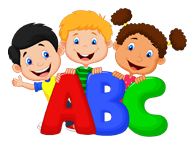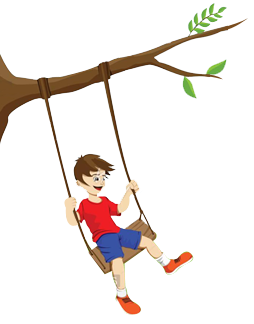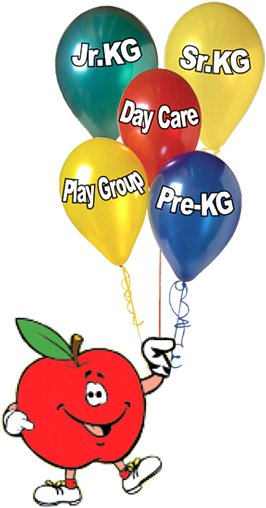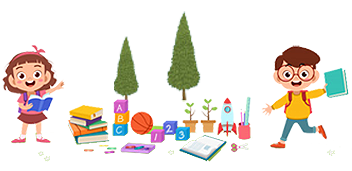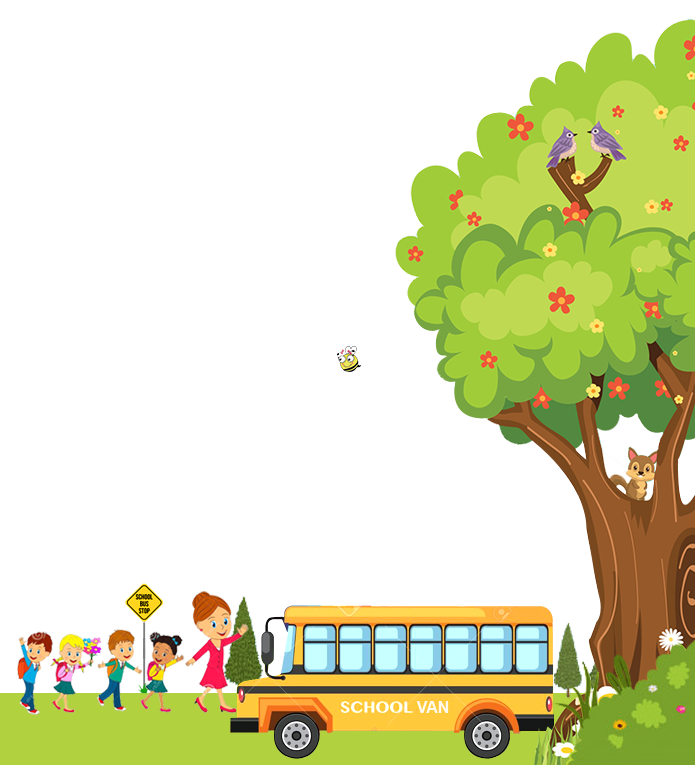Seven Steps for a Smart Parenting
As parents and care-givers you could support your children through school by:
- Listening to your children with full attention. Set aside special time to do nothing else but listen with delight. Don't interrupt. Don't be judgemental verbally or otherwise. Don’t invalidate their feelings. Encourage your child to express his feelings – of hurt, anger, embarrassment, fear, boredom. It is especially useful to set aside time to listen to your child at the end of each school day.
- Playing games. Young people release a lot of their emotions through playing. Active games that encourage positive physical contact and loud noises are best, e.g. pillow-fighting.
- Role-playing. Watch them "play teacher". They use this as a safe way to act out their frustrations that are blocking their mental well-being.
- Setting goals with them and helping them to monitor their progress. Help them to set up a realistic study schedule.
- Providing as many different learning experiences as possible- outings, trips, informative television viewing, appropriate movies, conversations with resource people.
- Rewarding them for improvement and performance not just for achievement. Don’t demonstrate disappointment when the child does not seem to live up to your expectations.
- Love them "in spite of" and "just because".
The Differences between Bright and Gifted
The Bright Child, Gifted Child ContinuumThis worksheet will help you see where your child might fit on the scale between "bright" to truly "gifted". Try printing this chart out and plotting your child's talents along each row of dots. Whatever your child's place on this continuum, celebrate her enthusiasm, curiosity, and talents!
| The Bright Child | The Gifted Child |
| Knows the answers | Asks the questions |
| Is interested | Is highly curious |
| Is attentive | Is mentally and physically involved |
| Works hard | Plays around, yet tests well |
| Answers the questions | Discusses in detail, elaborates |
| Is in the top group | Is beyond the group |
| Listens with interest | Shows strong feelings and opinions |
| Learns with ease | Already knows |
| Needs 6-8 repetitions for mastery | Needs 1-2 repetitions |
| Understands ideas | Constructs abstractions |
| Enjoys peers | Prefers adults |
| Grasps the meaning | Draws inferences |
| Completes assignments | Initiates projects |
| Is receptive | Is intense |
| Copies accurately | Creates a new design |
Reading Checklist Birth through Age Six
There are many ways to encourage your child to become involved in reading. Here are some questions to ask yourself to help stay on track:
For Babies (Six Weeks to One Year)
- Do I provide a comfortable place for our story time? Is my child happy to be here?
- Am I showing her the pictures in the book? Am I changing the tone of my voice as I read to show emotion and excitement?
- Am I paying attention to how my child responds? What does she especially like? Is she tired and ready to stop?
For Toddlers (One to Three Years)
All of the questions above, plus:
- Does my child enjoy the book we are reading?
- Do I encourage her to “pretend read,” joining in where she has memorized a word or phrase?
- When I ask questions, am I giving my child enough time to think and answer?
- Do I tie ideas in the book to things familiar to my child? Do I notice if she does this on her own?
- Do I let my child know how much I like her ideas and encourage her to tell me more?
- Do I point out letters, such as the first letter of her name?
Remember: Children learn step-by-step in a process that takes time and patience. They vary a great deal in the rate they make progress and in what holds their interest.
For Preschoolers (Three and Four years)
All of the questions above, plus:
- Do I find ways to help my child begin to identify letters and make the letter-sound matches?
For Kindergartners (Five Years)
All of the questions above, plus:
- Do I find ways to help my child begin to identify some printed words?
- Do I let my child retell favorite stories to show she knows how the story goes and what’s in it?
For Beginning First-Graders (Six Years)
All of the questions above, plus:
- Do I give my child the chance to read a story to me using the text, picture clues, her memory – or any combination of these ways that help her make sense of the story?
